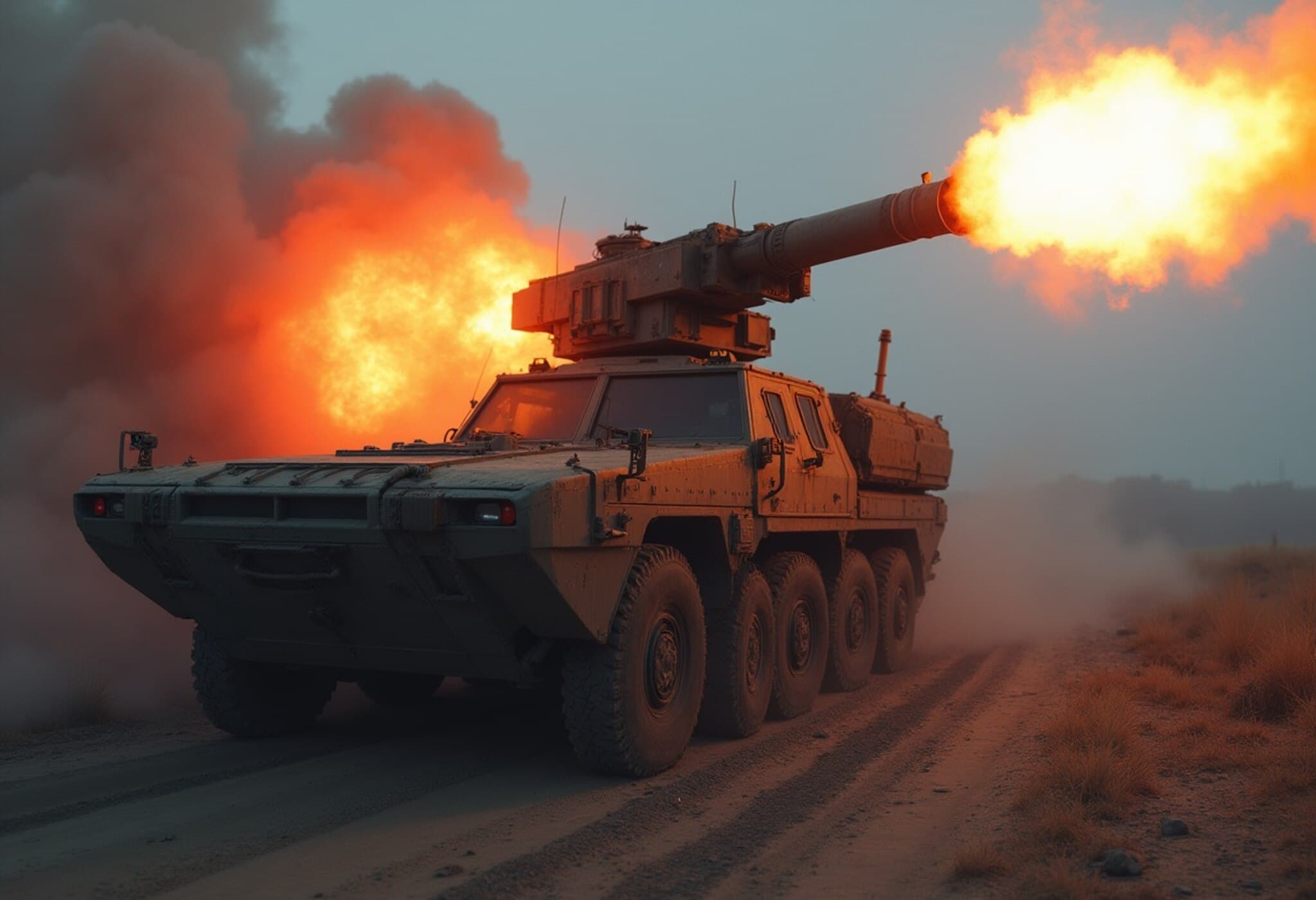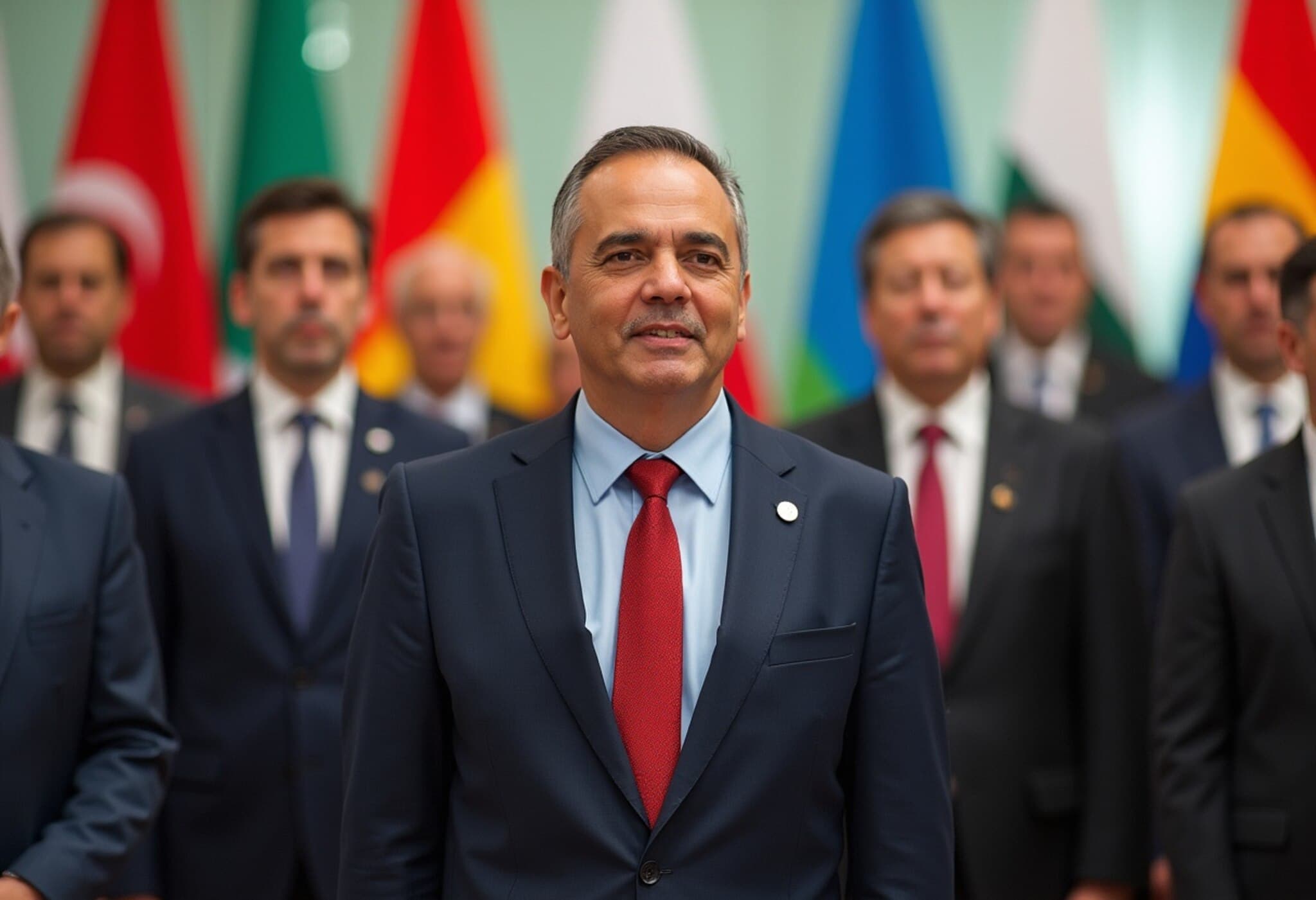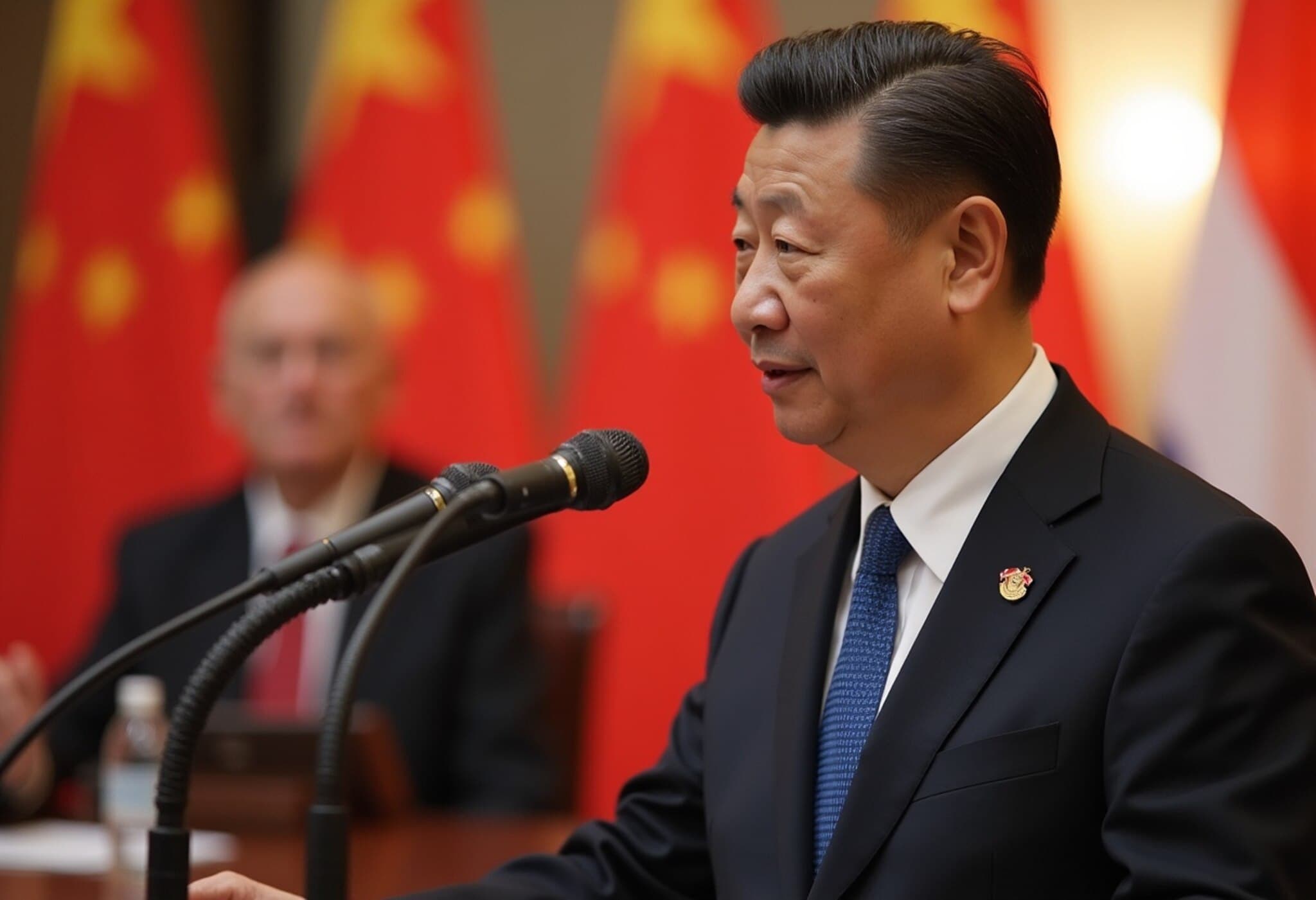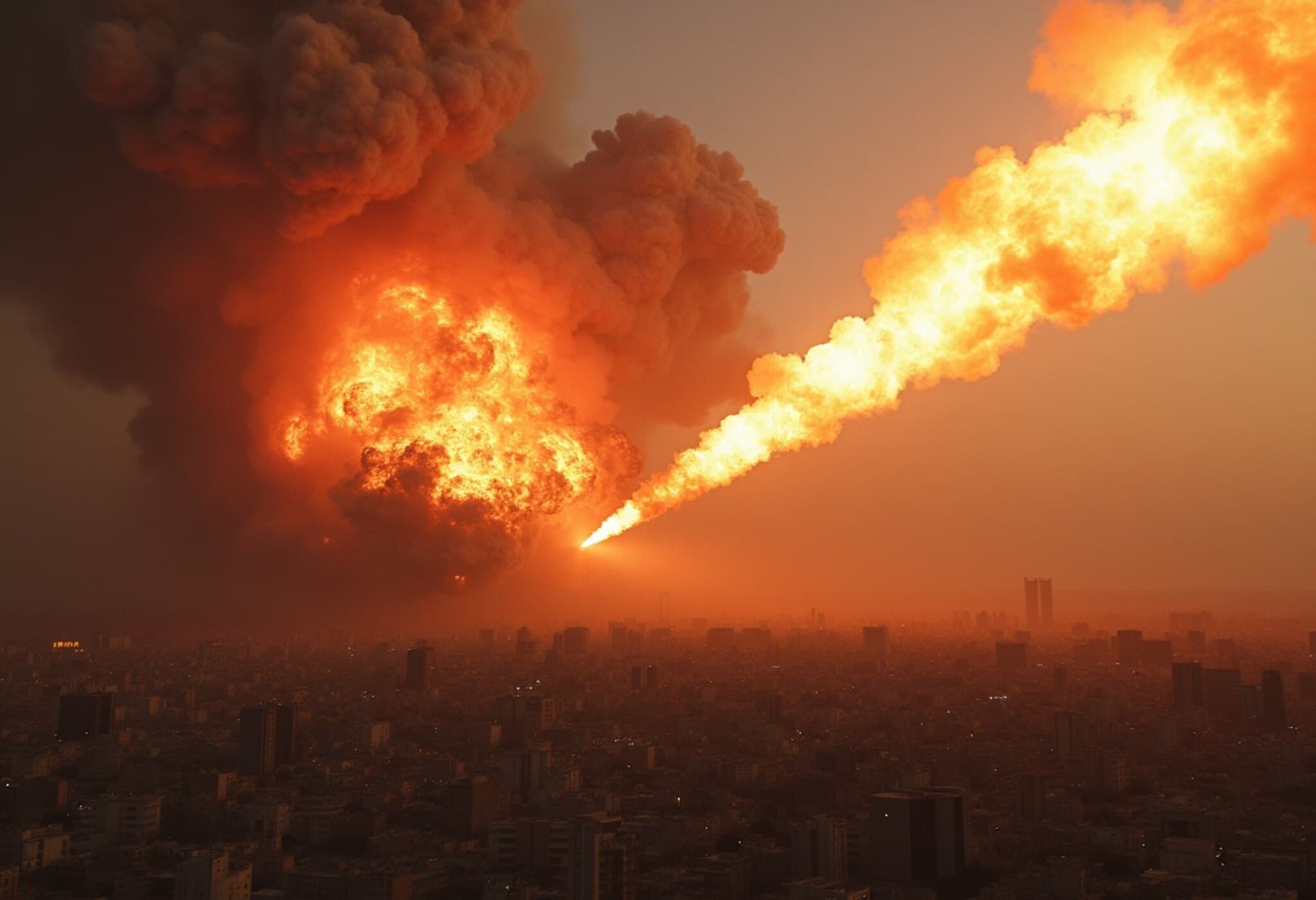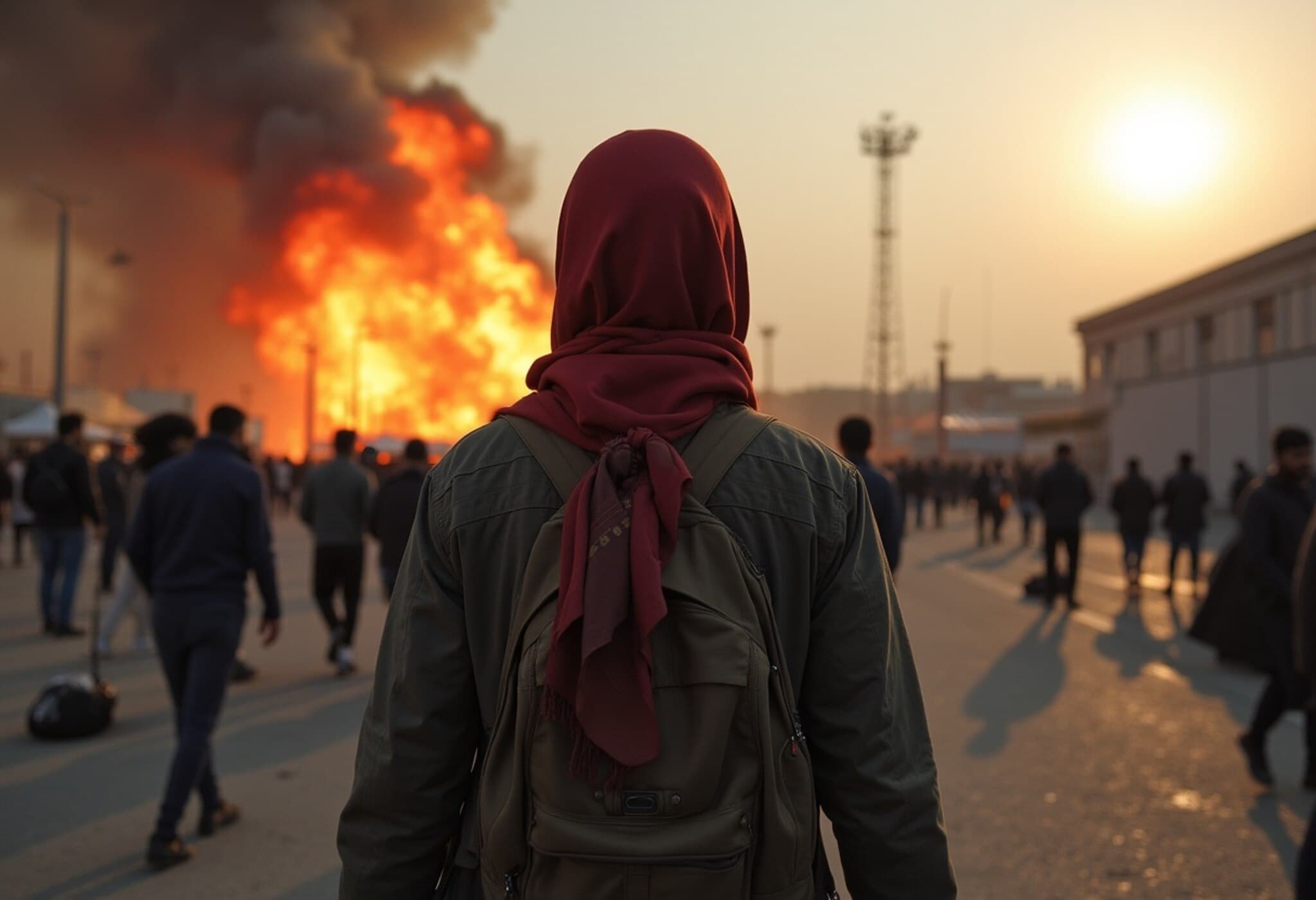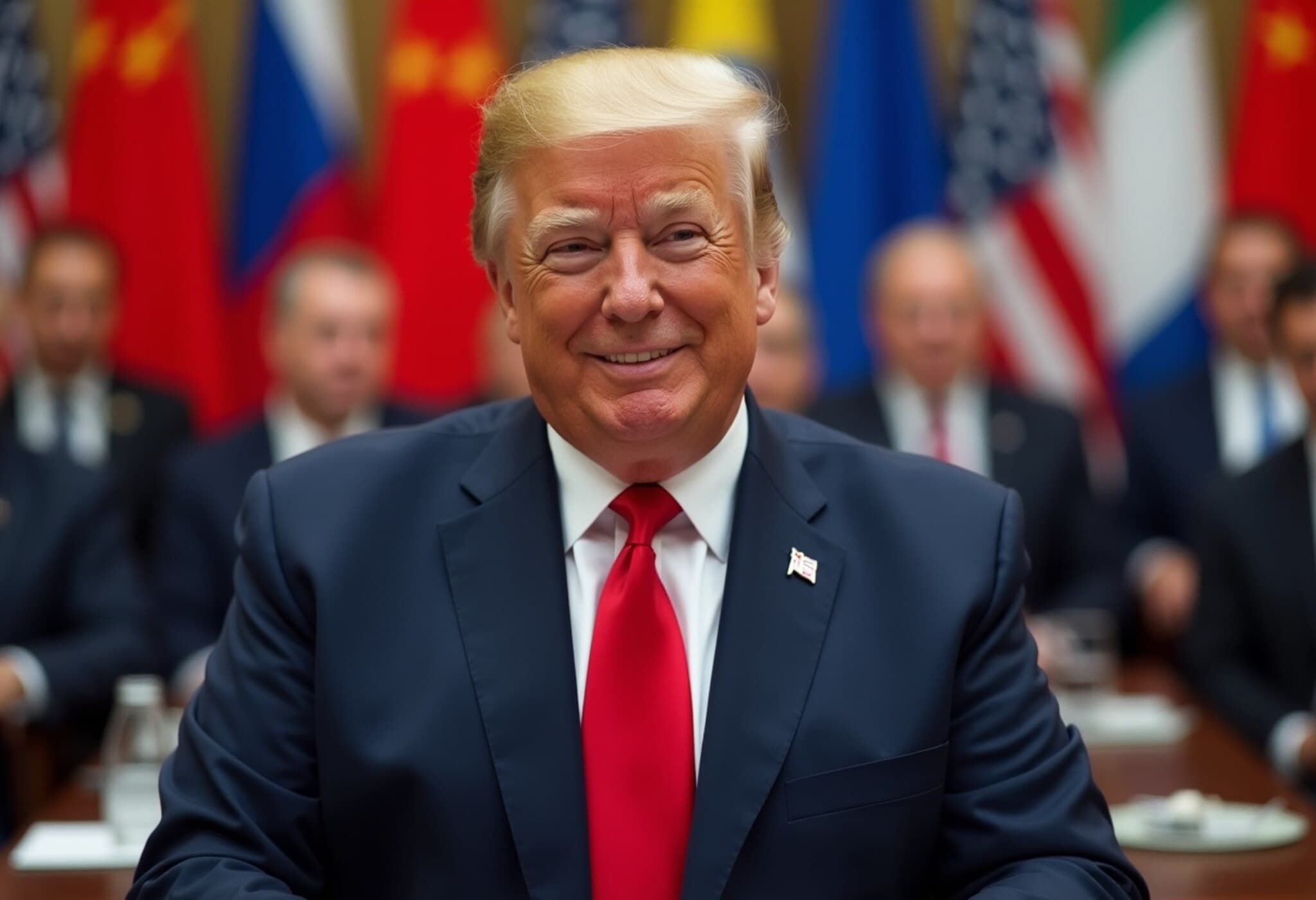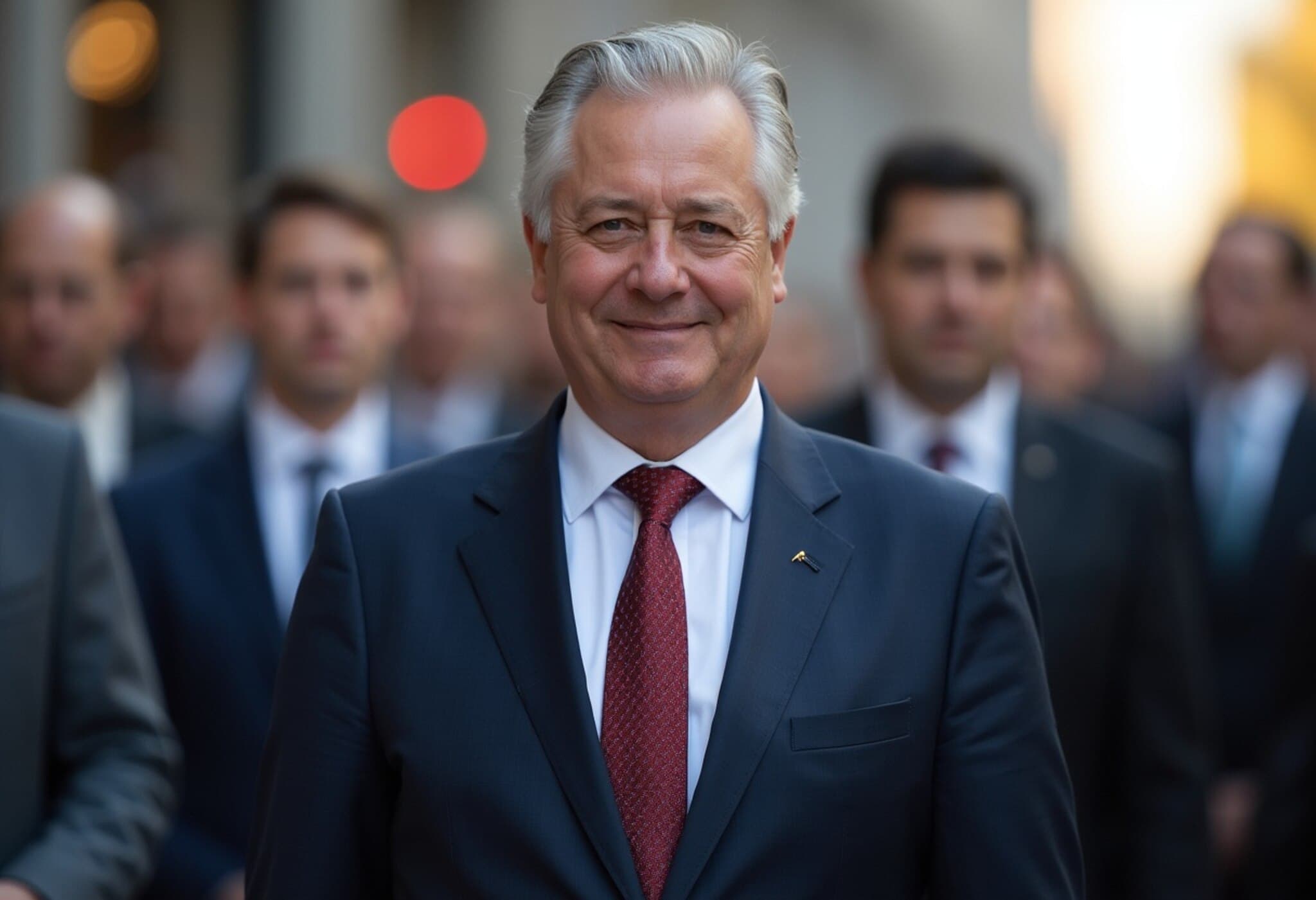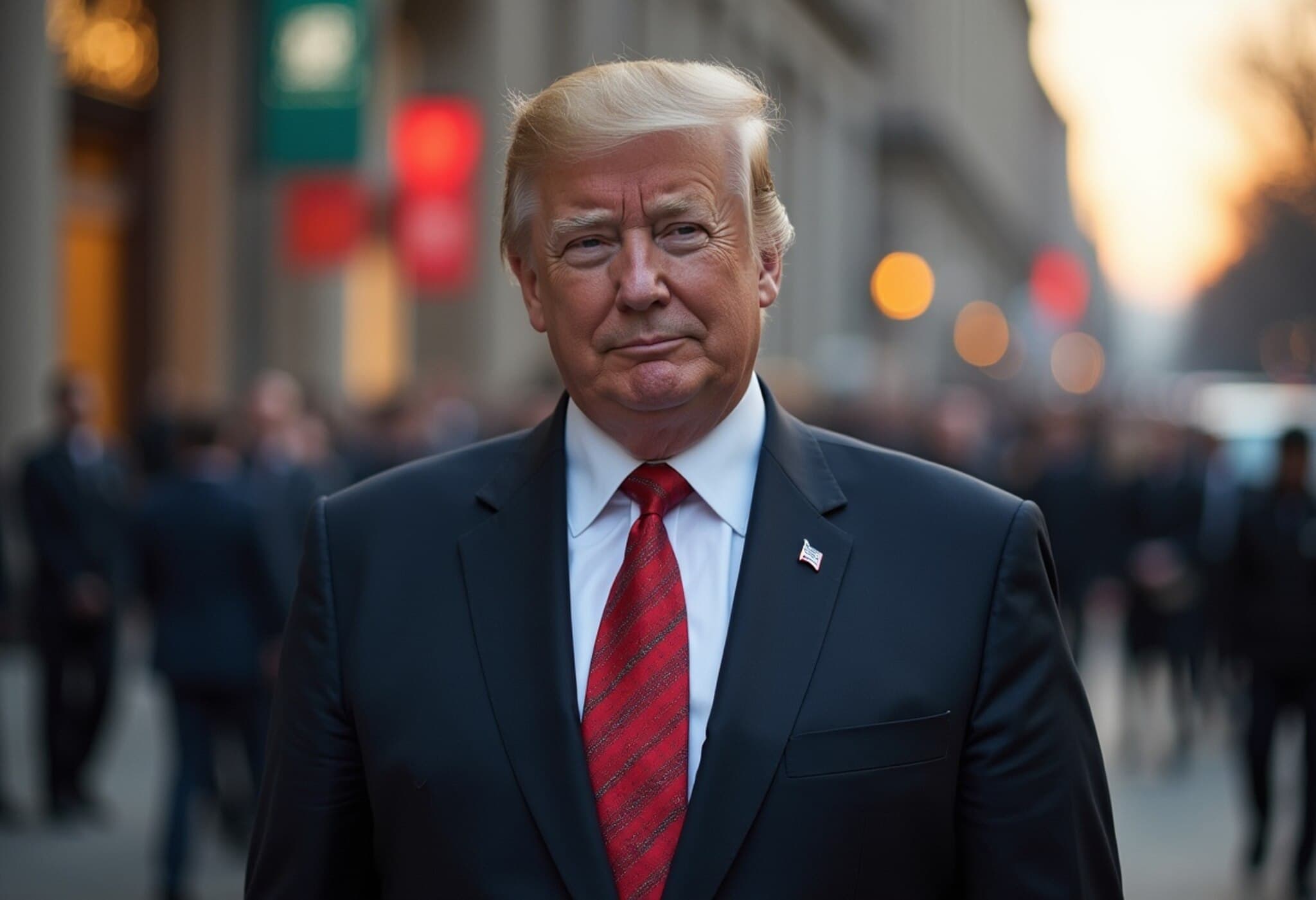Russia Withdraws from Nuclear Treaty, Escalating US-Russia Standoff
In a dramatic escalation of the already fraught relationship between Moscow and Washington, Russia declared on August 5, 2025, that it no longer considers itself bound by its self-imposed constraints under the Intermediate-Range Nuclear Forces (INF) Treaty. This move clears the way for Russia to redeploy short and intermediate-range nuclear missiles, intensifying global security concerns just as the United States imposes fresh sanctions.
Understanding the Breaking Point: Russia’s Announcement
The Russian Foreign Ministry’s statement underscored Moscow’s position that the United States had already breached the treaty by deploying intermediate-range missiles across Europe and Asia. Russia's declaration not only signals a rollback of decades-old nuclear arms control efforts but also reflects Moscow's reaction to intensifying US sanctions and military maneuvers.
US Sanctions and Strategic Military Moves
Last week, US President Donald Trump set a hard deadline, demanding an end to Russia's war in Ukraine by August 8, 2025. In a move reflecting heightened pressure, Trump announced sanctions targeting Russia and its oil buyers—including major nations like India and China. To further strengthen deterrence, he ordered two American nuclear submarines to reposition to undisclosed operational theaters, signaling readiness amidst increasing global tension.
Kremlin spokesperson Dmitry Peskov responded cautiously, warning all parties to exercise restraint in nuclear rhetoric while pointing out that the US submarines were already active before Trump’s announcement.
The Legacy and Collapse of the Intermediate-Range Nuclear Forces Treaty
Signed in 1987 during the Cold War between the US and the Soviet Union, the INF Treaty was hailed as a landmark disarmament agreement, leading to the elimination of an entire class of missiles with ranges from 500 to 5,500 kilometers. However, mutual accusations of violations culminated in the US withdrawing in 2019. Until a few days ago, Russia pledged not to deploy missiles as long as the US refrained, but that commitment has effectively ended with this recent statement.
Global Economic Ripples: The Oil Trade and Tariffs
Much of the current tension revolves around energy supplies. The US announced a 25% tariff on Indian goods starting August 1, coupled with unspecified penalties related to defense and energy imports linked to Russia. This targets countries that have increased their purchase of Russian oil post-Ukraine invasion, notably India, whose crude oil imports from Russia surged from less than 1% pre-2022 to 35-40% today.
Russia struck back, accusing Washington of employing a “neocolonial” and hegemonic policy aimed at punishing nations opting for independent trade decisions. Maria Zakharova, a spokesperson for Russia’s Foreign Ministry, lamented sanctions becoming a defining feature of the current global order and criticized the US for its aggressive economic strategies.
India’s Delicate Balancing Act
India formally rejected the US’s tariff hike as “unjustified and unreasonable,” emphasizing its sovereign right to safeguard national interests and economic security. External Affairs Minister S. Jaishankar articulated India's aspiration for a "fair global order" instead of dominance by a few powers.
New Delhi stressed that its increasing Russian oil imports ensure affordable energy for its consumers, highlighting that other nations, including the US and EU, continue engaging in trade with Russia. Notably, US imports from Russia have quietly risen by 23% this year, with significant increases in palladium, uranium, and fertilizers.
Shifting Global Energy Alliances
Russia's pivot away from Europe, following the EU’s January 2023 embargo on most Russian oil, has rerouted vast energy flows to Asia. China leads as the top purchaser of Russian energy (valued at approximately $219.5 billion), followed by India ($133.4 billion) and Turkey ($90.3 billion). India ramped up purchases as Western countries skipped Russian crude, supported by US tacit approval aiming to stabilize global energy markets and price caps.
Expert Perspective: Implications for Global Security and Energy Markets
The unraveling of the INF Treaty raises profound questions about the future of nuclear arms control. Experts warn that without frameworks like the treaty, the risk of an arms race intensifies, potentially destabilizing strategic balances not only between the US and Russia but extending across NATO and Asia-Pacific regions.
Meanwhile, economic leverage through sanctions and tariffs reveals the complexities of today's multipolar world, where emerging powers assert autonomy against traditional Western dominance. India's stance exemplifies this shift, navigating geopolitical pressures while ensuring energy security for its burgeoning population.
Key Takeaways:
- Russia's withdrawal from the INF Treaty signals a renewed nuclear arms deployment era, heightening global tensions.
- US sanctions and military movements aim to coerce Russia into peace talks but risk escalating confrontations.
- Energy trade realignments show how global powers like India and China are reshaping supply chains amidst sanctions.
- Diplomatic friction between the US and its allies over sanctions highlights complexities in enforcing policies without fracturing alliances.
Editor's Note
This intensifying US-Russia standoff underscores a critical juncture in international relations. The collapse of longstanding arms control agreements and the entanglement of economic sanctions with geopolitical strategy complicate prospects for peace. How the global community responds will shape not just immediate security dynamics but the future architecture of global governance, trade, and energy markets. Readers are encouraged to watch these developments closely, as their ripple effects may impact regional stability and economic realities worldwide.

